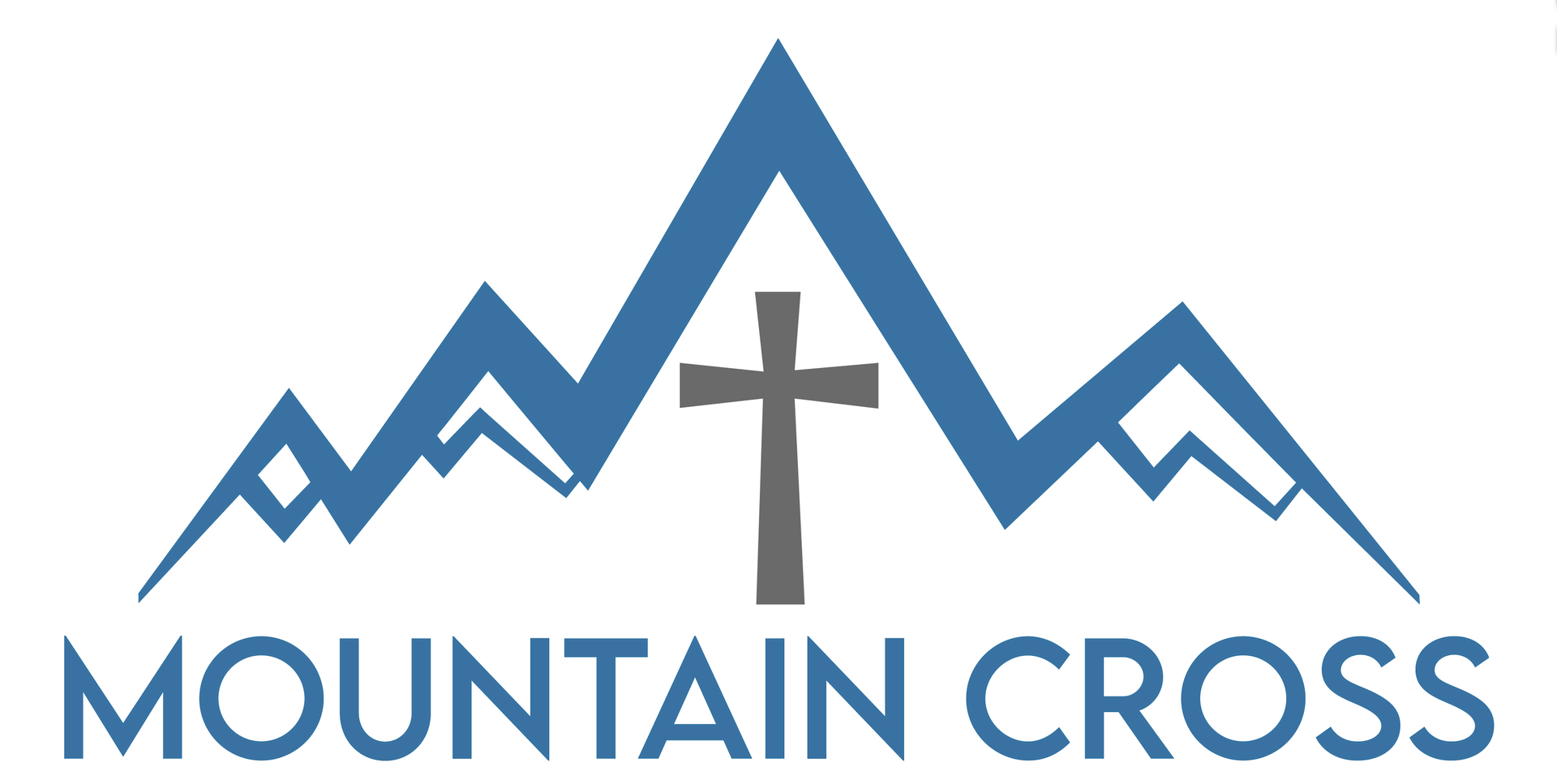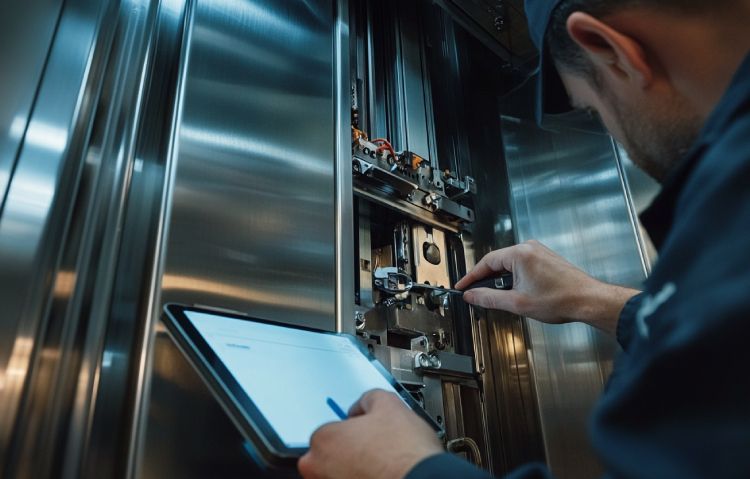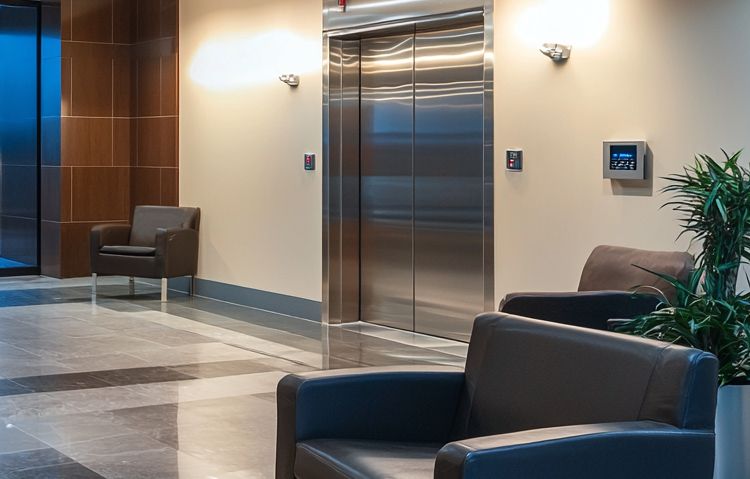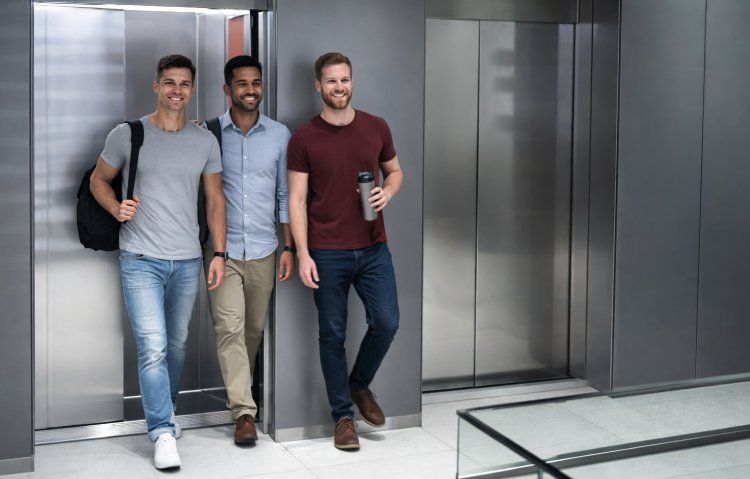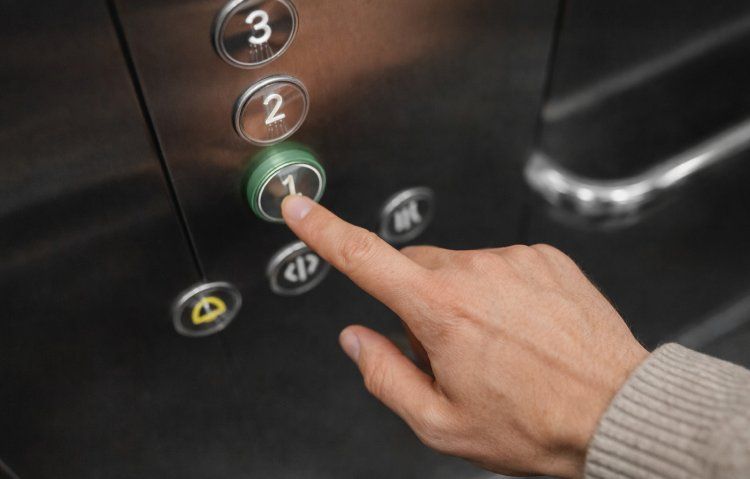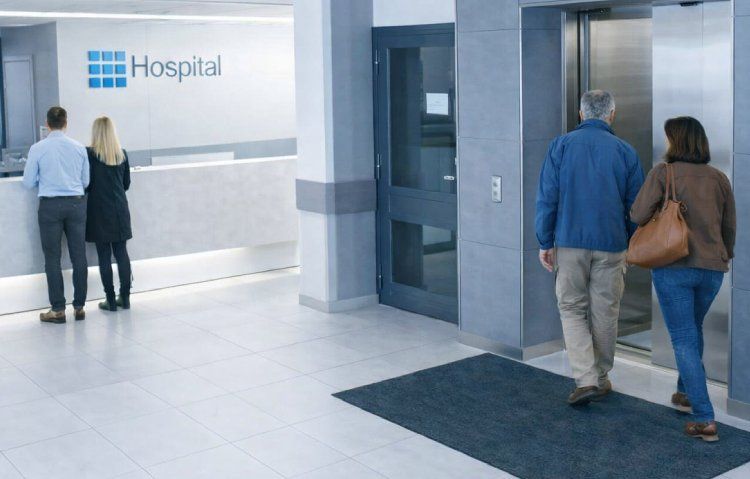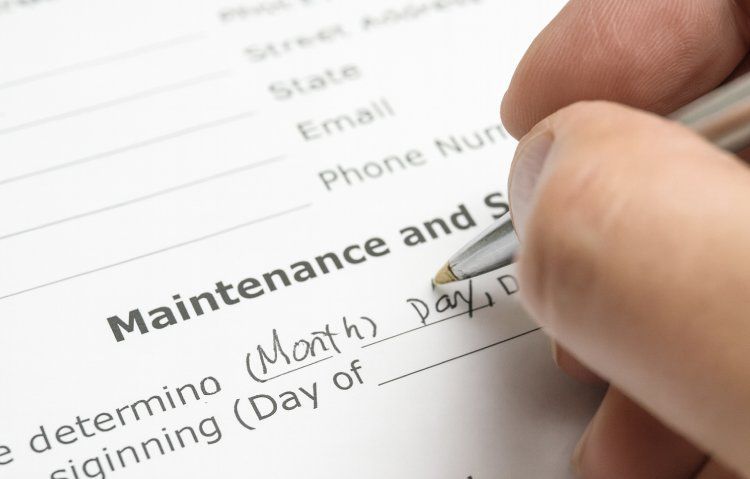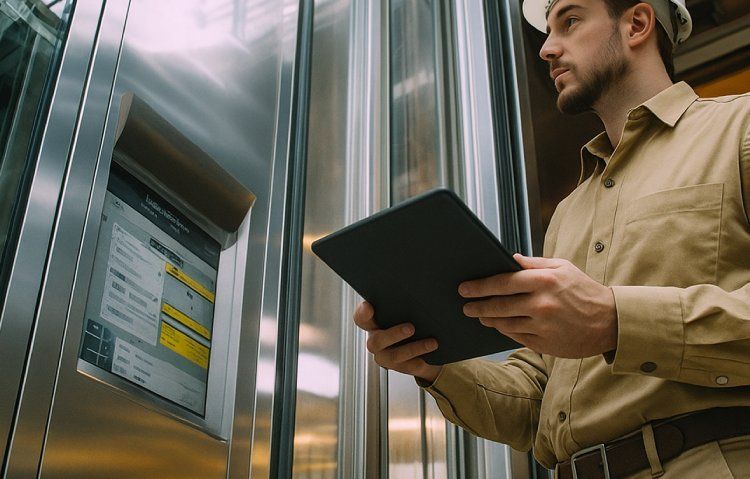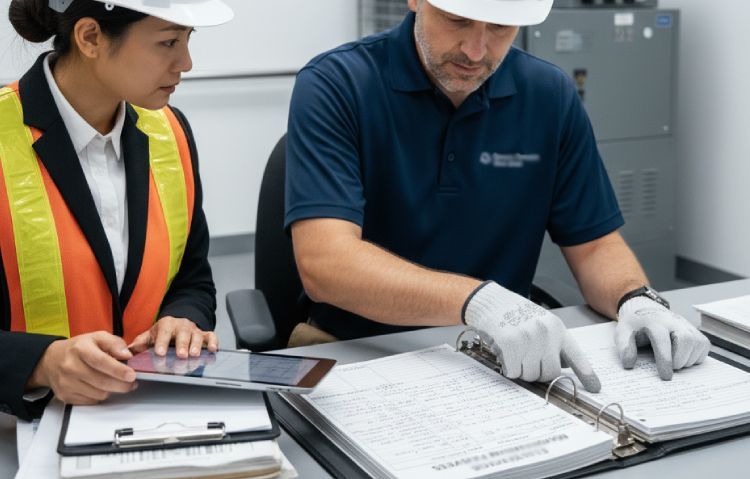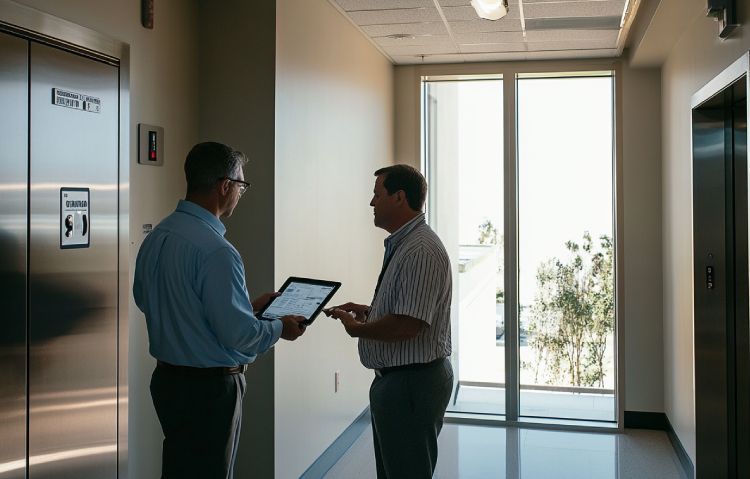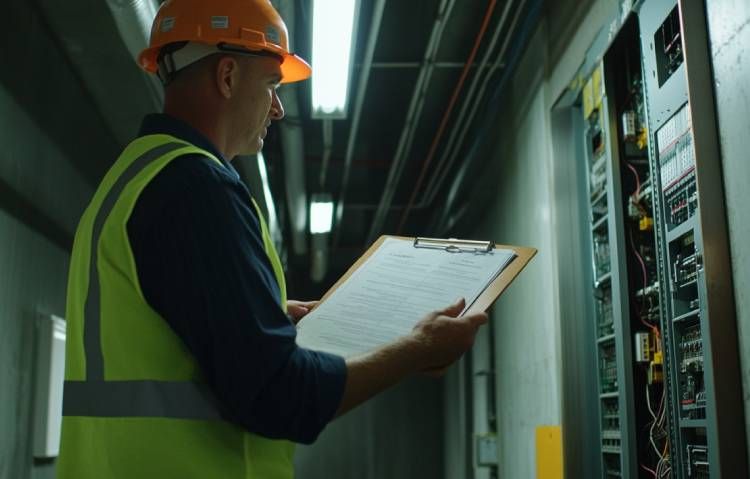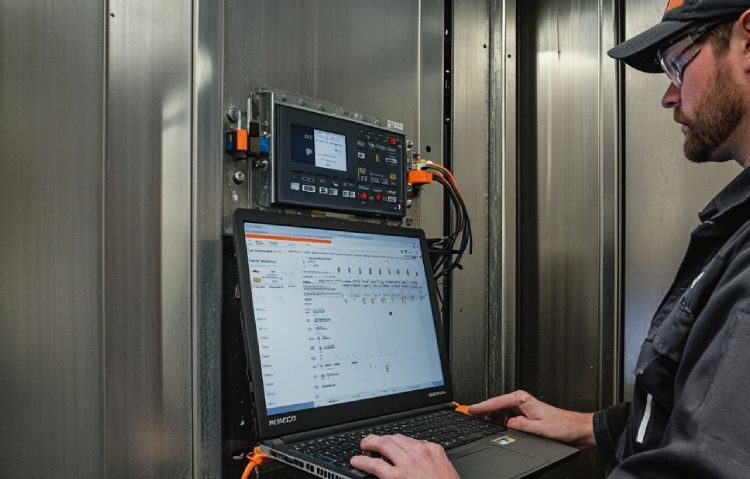Elevator Modernization: How It Can Improve Building Value
The Impact of Elevator Modernization on Property Value
In today's competitive real estate market, building owners must constantly seek ways to enhance their properties. One often-overlooked factor that significantly influences property value is the condition of the elevator system. With more than 900,000 elevators in operation across the U.S., many over two decades old, modernization is a strategic investment that improves safety, efficiency, and aesthetics while increasing tenant satisfaction and overall marketability.
What Is Elevator Modernization?
Elevator modernization refers to the process of upgrading or replacing outdated components within an elevator system. These enhancements improve performance, compliance with safety codes, and energy efficiency.
Key elements of modernization include:
- Control system upgrades – Enhances response times and ride smoothness
- Door operator replacements – Reduces wait times and improves safety
- Motor and drive replacements – Boosts energy efficiency and reliability
- Cab interior refurbishments – Enhances aesthetics and passenger experience
- Safety system enhancements – Ensures compliance with local and national regulations
Why Elevator Modernization Matters for Property Owners
Enhanced Safety and Code Compliance
Aging elevators often fail to meet current safety regulations and performance standards. By modernizing your system, you ensure that your building remains compliant with ADA (Americans with Disabilities Act) requirements, ASME A17.1 safety codes, and local municipal regulations. Upgraded elevators reduce the risk of accidents, liability claims, and costly fines.
Increased Energy Efficiency and Sustainability
Modern elevator systems are designed to reduce energy consumption. By upgrading components such as LED lighting, regenerative drives, and standby mode features, property owners can significantly cut down on electricity costs. In fact, modernized elevators can reduce energy consumption by up to 40%, leading to substantial cost savings over time. Sustainable elevator technology not only lowers operational expenses but also improves a building’s environmental footprint—an essential factor for today’s eco-conscious tenants.
Improved Building Aesthetics and Tenant Appeal
First impressions matter. An outdated elevator cab with worn-out interiors and slow operation can deter potential tenants and visitors. Modernizing the elevator enhances the building’s overall appeal, increasing its desirability in the real estate market. Nearly 75% of tenants report that slow or unreliable elevators affect their decision to renew a lease. Stylish cab interiors, touchless call buttons, and digital floor indicators contribute to a more polished and professional image.
Increased Property Value and Marketability
A well-maintained, modernized elevator is a strong selling point for investors and tenants alike. Buildings with efficient, high-speed, and reliable elevators attract higher lease rates and increased property valuations. Studies show that buildings with efficient, high-performance elevators can see a property value increase of up to 10%. Whether you plan to sell, lease, or refinance, upgrading your elevator system improves your building’s financial standing.
Signs That Your Elevator Needs Modernization
Frequent Breakdowns and Repairs
Elevators that require regular repairs or experience unexpected downtime signal the need for modernization. Upgrading to a new system reduces maintenance expenses, enhances reliability, and ensures smoother operations with fewer disruptions, ultimately improving performance and reducing repair frequency.
Slow Performance and Long Wait Times
A sluggish elevator that causes delays for passengers can negatively impact user experience. By modernizing key components such as controllers, motors, and doors, you can achieve faster, smoother performance, reducing wait times and improving occupant satisfaction with quick, efficient service.
High Energy Bills
Older elevator systems typically consume more energy, driving up operational costs. Modernizing with energy-efficient technology such as regenerative drives and LED lighting can drastically reduce energy consumption, lower utility bills, and contribute to sustainability efforts by minimizing the system’s carbon footprint.
Outdated Aesthetics and User Experience
An aging elevator with worn-out interiors or outdated technology can detract from your building's image. Modernization not only updates the aesthetics with sleek finishes and contemporary features but also enhances the user experience by incorporating touchless technology, improving convenience and safety.
Key Components of an Elevator Modernization Project
Control System Upgrades
The control system functions as the elevator’s central intelligence. Upgrading to microprocessor-based controllers enhances efficiency, reduces downtime, and optimizes ride quality. Advanced diagnostics and improved traffic management ensure seamless operation while minimizing service interruptions.
Motor and Drive Replacements
Outdated motors impact performance and energy consumption. Replacing them with gearless traction or machine-room-less (MRL) technology boosts efficiency and longevity. Regenerative drives further lower energy costs by converting excess power into reusable electricity, making the system more sustainable.
Door System Enhancements
Modernizing the door system enhances passenger safety and reduces operational noise. Upgraded door operators improve speed, reliability, and durability while minimizing costly maintenance issues. These improvements contribute to a smoother and quieter user experience.
Interior Cab Renovations
Refreshing the elevator cab’s interior transforms the building’s overall impression. High-end finishes, LED lighting, digital screens, and antimicrobial surfaces enhance aesthetics, improve hygiene, and elevate passenger comfort, creating a sleek and modern atmosphere.
Safety Feature Enhancements
Ensuring compliance with modern safety standards is crucial. The American Society of Mechanical Engineers (ASME) estimates that modern safety features, such as emergency braking enhancements and updated control systems, can reduce elevator-related accidents by 50%. Updating emergency braking systems, installing fire-rated doors, and integrating touchless controls enhance passenger protection, reduce risks, and improve accessibility while future-proofing your elevator for evolving safety regulations.
The Financial Benefits of Elevator Modernization
Reduced Maintenance Costs
Aging elevators often require frequent repairs, leading to high service expenses. Modernizing key components extends the system’s lifespan, reduces emergency service calls, and minimizes costly downtime. With improved reliability, property owners can significantly lower long-term maintenance costs.
Energy Savings and Sustainability Incentives
Upgrading to energy-efficient elevators reduces power consumption and lowers operating expenses. Many utility providers and government programs offer rebates and incentives for sustainable upgrades, making modernization a cost-effective investment that enhances environmental responsibility. Energy-efficient technology, such as regenerative drives, cuts power consumption, leading to long-term savings. Moreover, modernized elevators significantly reduce costly repairs, lowering long-term maintenance expenses.
Increased Building Occupancy and Rental Rates
A sleek, reliable elevator system improves tenant satisfaction, attracting high-value occupants and increasing lease appeal. Property owners can justify higher rental rates and reduce vacancy periods by offering a modern, efficient vertical transportation experience.
Elevator Modernization Process: What to Expect
Step 1: Professional Assessment
A licensed elevator contractor conducts a comprehensive evaluation of your existing system, pinpointing outdated components and identifying necessary upgrades. This assessment ensures that the modernization process addresses performance, safety, and compliance concerns effectively.
Step 2: Custom Modernization Plan
Based on the assessment, experts develop a tailored modernization plan that aligns with your building’s needs, budget, and regulatory requirements. This plan outlines necessary upgrades, expected improvements, and a project timeline to ensure a seamless transition.
Step 3: Implementation and Upgrades
Certified technicians execute the modernization process, installing upgraded components with minimal disruption to daily operations. Phased implementation strategies help maintain functionality while ensuring efficient completion of the project.
Step 4: Final Inspection and Compliance Testing
Once upgrades are completed, a thorough inspection is conducted to verify safety, performance, and regulatory compliance. After passing all necessary tests, the modernized elevator is placed back into service, ensuring smooth, reliable operation.
Why Choose Our Elevator Modernization Services?
When it comes to elevator modernization, choosing the right service provider makes all the difference. We offer:
- Comprehensive elevator assessments
- Customized modernization solutions tailored to your building’s needs
- Certified technicians with extensive industry experience
- State-of-the-art elevator technology for safety, efficiency, and aesthetics
- Seamless installation with minimal downtime
Frequently Asked Questions (FAQs)
How do I know if my elevator needs modernization?
If your elevator experiences frequent breakdowns, slow operation, high energy costs, or outdated aesthetics, modernization may be necessary. Additionally, if replacement parts are difficult to find or your system no longer meets current safety codes, upgrading ensures compliance and reliability. A professional assessment can determine which components—such as the control system, motor, or door operators—need improvement to enhance efficiency and user experience.
How long does the elevator modernization process take?
The timeline for modernization varies based on the scope of work. Minor upgrades, such as door operator replacements, may take a few days, while full system overhauls can take several weeks. The process includes assessment, planning, installation, and final inspections. A phased approach can minimize downtime, ensuring minimal disruption to building occupants while improving elevator performance, safety, and energy efficiency.
What are the cost benefits of elevator modernization?
Modernizing your elevator reduces costly repairs, lowers energy bills, and extends the system’s lifespan. Upgraded components require less maintenance, decreasing service costs. Energy-efficient technology, such as regenerative drives, cuts power consumption, leading to long-term savings. Additionally, modernized elevators enhance tenant satisfaction, boosting property value and rental potential. Government incentives and utility rebates for energy-efficient upgrades may also help offset initial investment costs.
Will elevator modernization disrupt building operations?
While some downtime is unavoidable, experienced contractors implement phased modernization to minimize disruptions. In multi-elevator buildings, work is often scheduled one unit at a time to maintain service availability. For occupied properties, upgrades can be performed during off-peak hours. Clear communication with tenants and a well-planned approach ensure a smooth process while improving elevator performance, reliability, and compliance with modern safety standards.
Elevate Your Property Value Today
Investing in elevator modernization is a strategic decision that enhances safety, energy efficiency, tenant satisfaction, and property value. A well-maintained elevator system not only boosts your building's appeal but can increase its value by up to 10% and improve tenant retention by ensuring fast, reliable service. Don’t let an outdated elevator system hold your building back. Contact us today for a consultation and discover how modernization can transform your property.
Contact Us Today for a Free Consultation
Upgrade your building’s elevator system with cutting-edge technology and expert craftsmanship. Contact us today for a consultation and discover how modernization can transform your property.
Ready to work with Mountain Cross Consulting?
Let's connect! We’re here to help.
Send us a message and we’ll be in touch.
Or give us a call today at 224-500-0321
